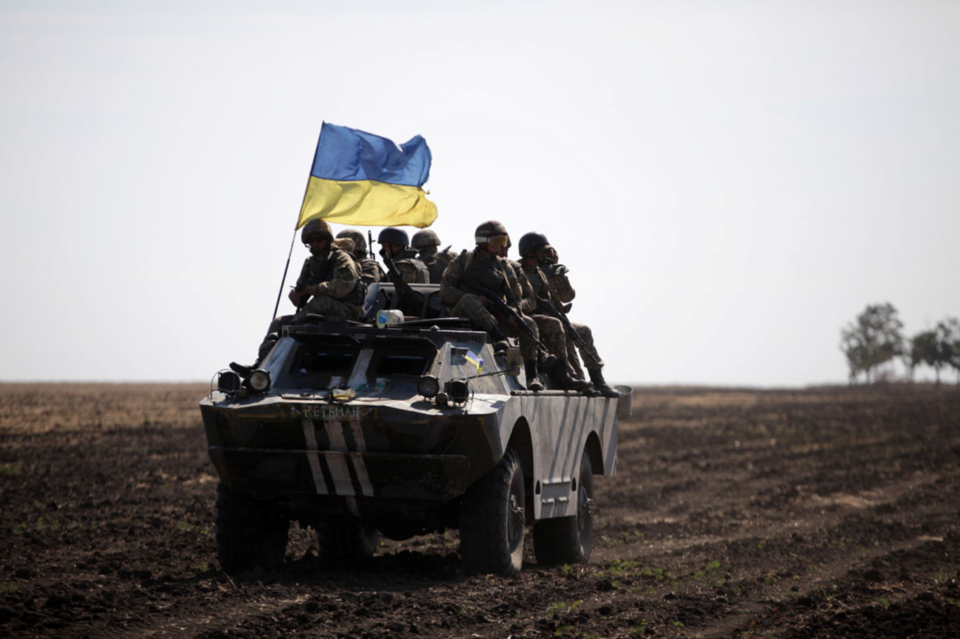The events surrounding Russia’s invasion of Ukraine have been a source of lively conversation among scholars at Longmont’s Center for Genocide Research and Education, or CGRE, as they publicly discuss whether the allegations of genocide against Russia are founded.
Whether genocide is occurring in Ukraine is being heavily debated among genocide scholars worldwide, and the discussion trickled down to Longmont on Wednesday during CGRE’s first webinar, titled “Rhetoric of Genocide: The Ukraine-Russia War.”
The webinar aimed to inform Longmonters about the history between Russia and Ukraine that led up to the current war, provide them with the legal definition of the term “genocide” and have participants consider how the definition applies to the allegations of genocide coming from both sides. Also, guests were asked to examine the implications that the word “genocide” has for the United States, the NATO Coalition and the United Nations, according to a press release about the event.
The purpose of providing the Longmont community with such information, according to CGRE’s Executive Director Dr. Christi Yoder, is to determine for themselves whether or not they believe genocide is occuring during the war in Ukraine, she said.
The event was led by Yoder, who founded CGRE in 2016 in order to bring genocide awareness to the average person, she said. Yoder has a Master’s Degree in Human Rights and she’s currently enrolled at Gratz College’s PhD program in Holocaust and Genocide Studies.
Yoder was joined at the event by CGRE’s Community Outreach Director Dr. Kerri J. Malloy. Malloy who focuses his research on Indigenous genocide, healing, reconciliation in North America and the necessity of systemic change within social structures to advance transitional justice.
The event began with a summary of historical events that led up the tense relationship between Russia and Ukraine today. Such events included a series of large-scale riots, or pogroms, that targeted Ukrainian Jews during the early 19th century in the Russian Empire, as well as the Holodomor, during which a large number of Ukrainians starved under Soviet political leader Joseph Stalin.
“(The history between Russia and Ukraine) is really a blueprint for what’s happening now,” Yoder said. “We want people to know exactly what has transpired in the past so they can make a more informed decision for themself as far as whether they think it’s genocide going on in the war right now.”
Malloy and Yoder launched a discussion concerning the allegations of genocide made by both Ukraine and Russia against one another and how some of the events surrounding Russia’s invasion of Ukraine since February relate to the term genocide.
For Yoder, the event and discussion were a success.
“We felt it went well and we were happy that we had ten people attend,” she said. “I did receive some feedback from one attendee who said that she learned a lot, which was precisely the goal.”
According to Yoder, although Longmont residents may feel displaced from the war that’s happening overseas, it’s important for everyone to be informed of the hardships – or genocide – that our fellow humans are experiencing.
“I feel very strongly that a violation of somebody’s human rights, no matter what part of the world it’s in, affects us all – because if the international community does nothing about it, it sends a message to would-be dictators that they can treat people however they want and that there aren’t any consequences for it,” Yoder said.

.jpg;w=120;h=80;mode=crop)

